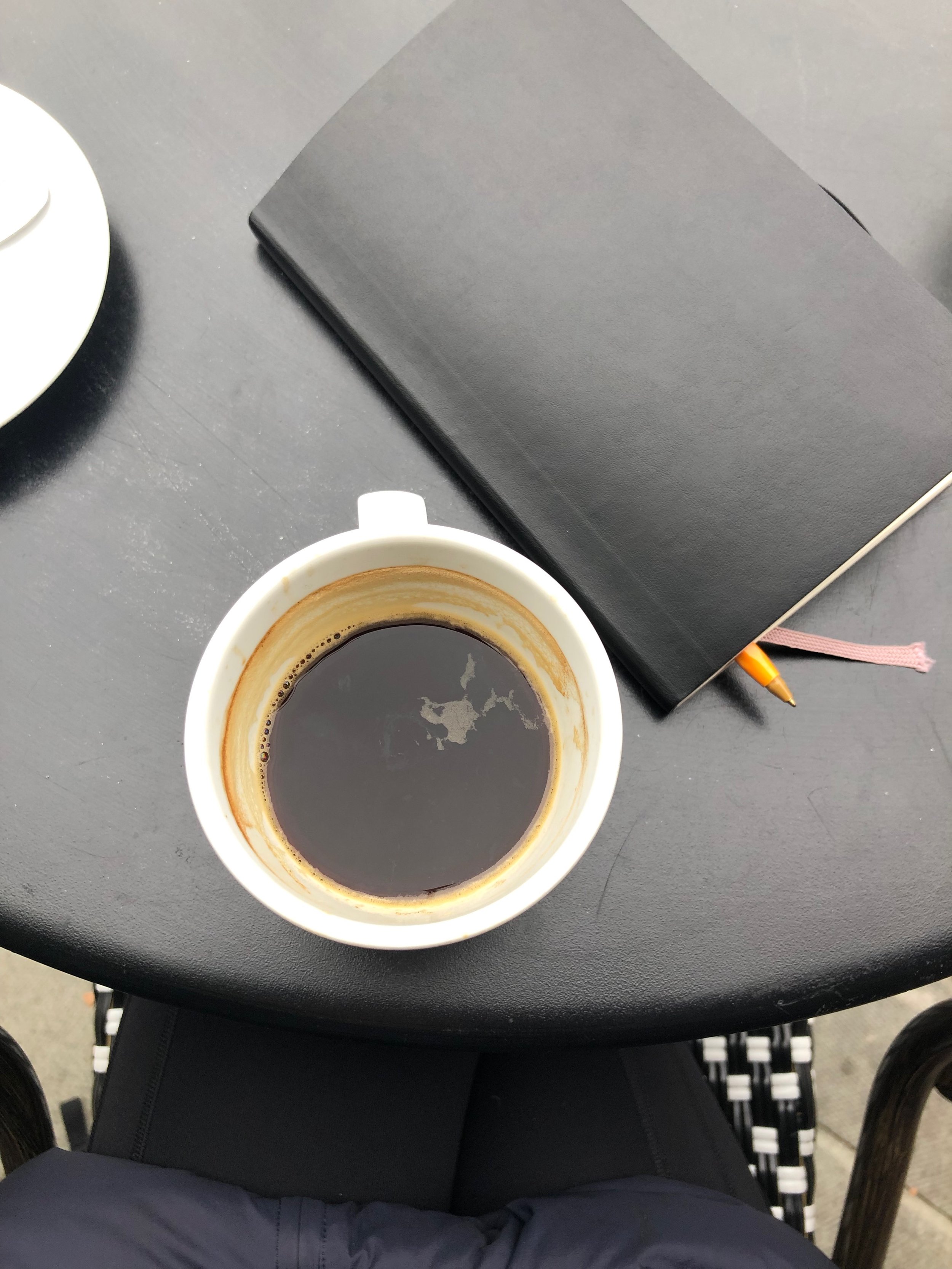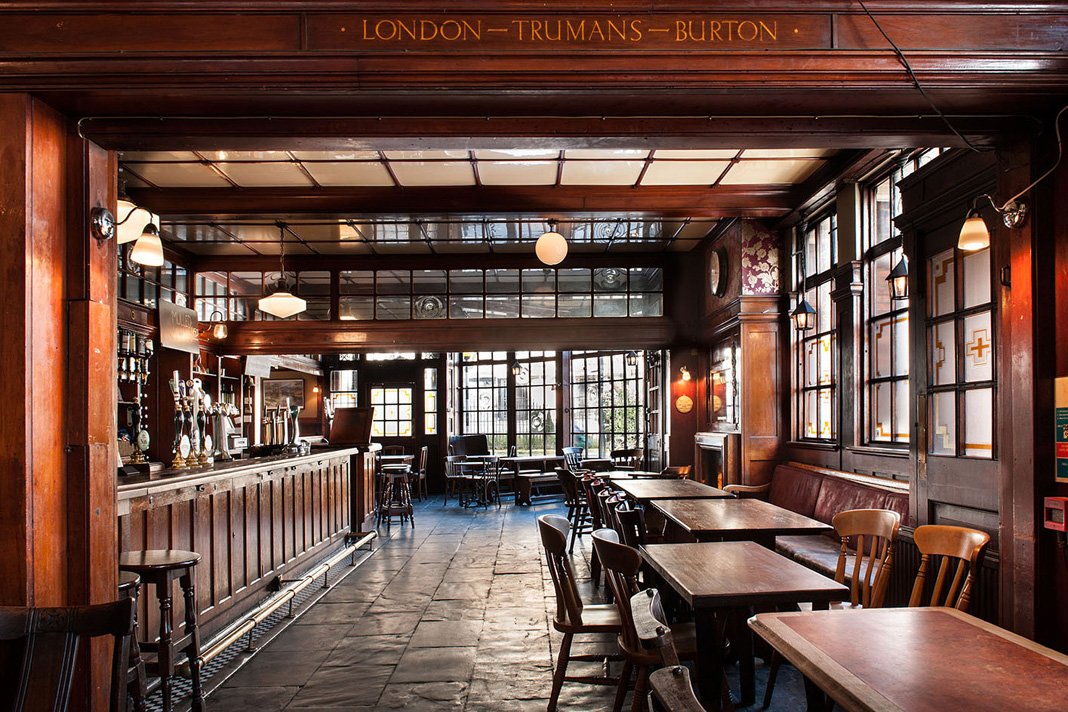THOUGHT EXPERIMENTS IN
PUBS
THE PARK
CREATIVITY

1 WHODUNIT
Gia creates beautiful, and very valuable, works of art.
She makes a lot more money than most art graduates.
Not only does she make a living from her artwork, she makes enough money for a luxurious lifestyle and provides for a large family.
Gia has money left over and donates it to a charity that supports people in prisons to take part in the arts.
But Gia is not a well known artist. In fact, her career depends on being unknown.
Gia creates perfect replicas of paintings by Old Masters (e.g. Leonardo da Vinci, Michelangelo, Raphael, Rembrandt…etc.).
She has spent decades studying and learning the old techniques. She uses the same materials that the Old Masters would have used, and mimics their painting styles. She is perhaps the only person alive who knows how to employ some of these techniques.
Gia’s paintings sell for a lot of money when people think they are ‘real’. So Gia signs them with the original artists’ names and not her own.
Some of Gia’s paintings hang in the best galleries in the world unbeknownst to expert curators.
Gia has never painted an ‘original’ painting. She only copies existing works.
QUESTIONS TO CONSIDER:
In what ways do you think Gia is creative?
Is she more or less creative than the Old Masters whose work she copies?
What is creativity? Who decides what is creative?
What makes the Old Masters’ paintings so valuable?
Do you think Gia’s paintings should be as valuable as the Old Masters’ paintings? Why/why not?
SOURCE: BA, THOUGHT EXPERIMENTS IN PUBS Group Member

2 INSPIRATION AND IMAGINATION
As leading architects in London, you’ve been tasked with building a “creative space”.
The aim is to create an environment in which “creatives” will “flourish”.
You have an excellent team to work with, an unlimited budget, and a plot of land the size of Regents’ Park playing fields (those fields in front of you).
You have an initial brainstorming session with your colleagues (the people in your little group right now) about what such a space should include.
[BRAINSTORM FOR A FEW MINUTES BEFORE READING ON]
***
After this initial discussion, one of your colleagues makes a controversial pitch. They say:
“I don’t think there should be anything in the space.
No libraries, no internet access, no artwork, no interesting objects.
The furniture should all be as basic and bland as possible.
We should create a space that is boring…
…because boredom breeds creativity.
Don’t you remember being bored as a child and having to entertain yourself? Long car journeys, ‘nap-time’ when you couldn’t sleep, classes taught by uninspiring teachers, long family dinners where nobody was saying anything that interested you, waiting for the bus, waiting in general…. These are the times you had to use your imagination.
Creativity requires a strong imagination: he ability to build something in your mind out of nothing.
Our world is full of “inspiration”. Content, information, and entertainment are everywhere. We don’t need to create more space for inspiration, we need to create a space for imagination: a space for boredom.”
QUESTIONS TO CONSIDER:
How do you respond to your colleague?
How important do you think boredom is for creativity/imagination?
What else is important?
How do you think creativity might have been affected by the rise of readily available entertainment and information?
How do you cope with boredom? How often do you have to be bored?
SOURCE: BA, THOUGHT EXPERIMENTS IN PUBS group member

3 WHICH WRITER?
Paul gets up at 5AM every morning, meditates for 20 minutes, showers, drinks coffee, and then writes for exactly 3 hours.
Sometimes the words flow, sometimes they don’t, but he always stays at his desk for the 3 allotted hours.
Paul says:
“Without this routine, I’d never get anything done.
The days when the words don’t flow are just as important as the days when they do because they ensure that I maintain the routine.
The routine makes space for the days when words do flow.
I don’t know how anyone gets anything done without a routine.”
Sal, on the other hand, has no routine whatsoever. He is perpetually on the move, with no fixed abode. And he is usually on some kind of drug.
Sal says:
“All the best writers are on something…whether its coffee or speed, or barbiturates, whatever…it all helps the creative process.
You have to go with the flow, go with how you feel, feel as much as you can, and then write it down. It doesn’t matter if you’re writing on the back of an envelope in a train station.
Stuff is happening out there, so you’ve got to get out there and see it, feel it, and then write about it.”
You are a literary agent and both Paul and Sal have been recommended to you as ‘promising new writers’.
You haven’t read any of their work yet, but you have been told about their respective creative processes.
You have to take one of them on as your client.
QUESTIONS TO CONSIDER:
Who do you think is likely to be the more successful writer? Why?
Suppose Sal hit a creative block, what do you think might help him unblock?
Suppose Paul hit a creative block, what do you think might help him unblock?
Were the above two answers the same? Why or why not?
Who would you prefer to represent?
Whose book would you be most curious to read?
Do you think there are tried and tested key ingredients for creativity? What might they be?
Post Script: Both Sal and Paul were inspired by Hunter S. Thompson. What do you think of Thompson’s approach to generating creativity:
SOURCES:
BA, THOUGHT EXPERIMENTS IN PUBS Group Member
Christopher, Hooton. (2016) “Hunter S. Thompson’s Daily Routine Was the Height of Dissolution.” The Independent, Independent Digital News and Media, 7 Jan. 2016, www.independent.co.uk/arts-entertainment/books/news/hunter-s-thompson-s-daily-routine-was-the-height-of-dissolution-a6798801.html.
Check out our photography and storytelling project on: @thoughtexperimentsinpubs
Stories by you!
What do you like about THOUGHT EXPERIMENTS IN PUBS?
What would you change?
Any ideas for future topics?
Any other feedback?
(Messages are anonymous unless you include your name/contact details)

Help me to write more THOUGHT EXPERIMENTS and arrange more meetups by…
Thank you, your support means a lot :-)



